Breastfeeding: Care Tip
Breastfeeding: Care Tip
Breastfeeding (or chestfeeding) is a skill that improves with practice. Be patient with yourself and your baby as you both learn.
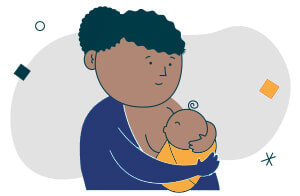
Breastfeeding offers many benefits, helping you bond with your baby and potentially reducing their risk of infection.
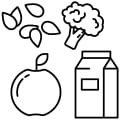
Opt for vegetables, fruits, dairy, whole grains, and protein sources.

Limit alcohol intake, as it can transfer to your baby through breast milk.
Refrain from smoking, vaping, using marijuana, and other drugs.
Consider cutting back on caffeine if your baby is fussy or having trouble sleeping.
Steer clear of fish with high mercury levels, such as shark, swordfish, king mackerel, marlin, orange roughy, bigeye tuna, and tilefish from the Gulf of Mexico.
If you experience symptoms of a breast infection, like:
Worsening pain, swelling, redness, or warmth in the breast.
Red lines spreading from the breast.
Pus leaking from the breast
A raised temperature.
Your baby hasn’t had a wet diaper in 6 hours.

If breastfeeding is challenging, reach out to your doctor, midwife, or a lactation consultant. Support can also come from a knowledgeable friend or family member.
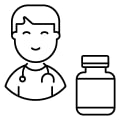
Some may impact your breast milk or your baby.
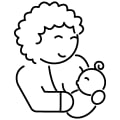
Discover what works best for you and your baby.
Various holds include cradle, cross-cradle, football, Australian, laid-back, and side-lying.
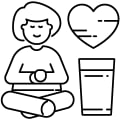
Take measures to avoid painful or cracked nipples.
Ensure your baby has a proper latch while feeding.
Seek assistance if you’re experiencing pain while breastfeeding.
Consider allowing some breast milk to dry on your nipples.
Take breaks when possible, stay hydrated, and reach out for help if needed.


